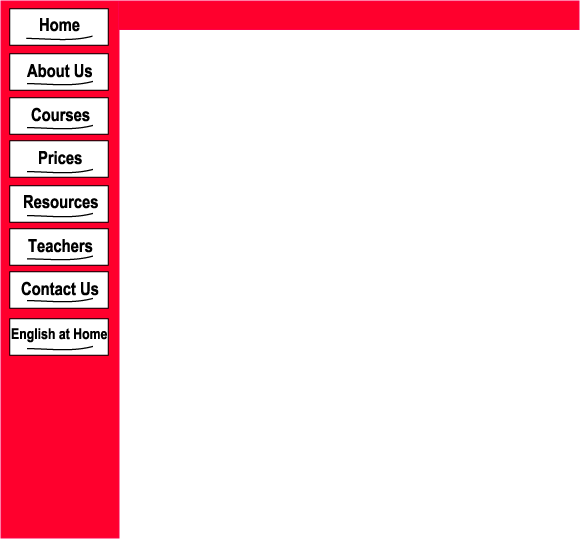


1. Keep your records in a place where you can find them. Get a filing cabinet and use it for your papers, tax returns and receipts.
2. When you set up your filing cabinet, make sure you put it someplace that allows you easy access to your records. It should also be in a safe and dry place.
3. Keep your filing system simple. If your recordkeeping system is cumbersome or complicated, you are less likely to stick with it. If your filing system is easy to use, you will use it.
4. File as part of your daily or weekly routine. Don't let receipts and financial records pile up.
5. Keep a Tax Returns Folder. When you finish with this year's tax returns, file everything into a manila folder and mark the year on it. Make a folder for 1999 and file it.
6. How long should you keep your tax returns? Consider them part of the family history and keep them all indefinitely. Your returns contain a lot of personal information that you might want to use later to help you remember people you worked for, how much you earned, and, of course, as proof that you filed.
7. Keep all of your records that prove the amount of income you report on your tax return. These include Form W-2, Form 1099 and paycheck stubs. Also file bank records indicating dividends paid and interest earned on savings. These records are used to show income you received during the tax year.
8. File all your documents for your Employee Benefits. Keep all of the annual statements on your pension, profit-sharing, salary-deferral, or employee thrift plans. If you have an employment contract, keep a copy of it filed at home.
9. Keep cancelled checks indefinitely until you know you do not need them anymore as proof of payment. Some banks only send you a statement showing which checks were cashed, instead of sending cancelled checks. Statements make it easier to file.
10. Keep receipts to prove your expenses claimed as deductions on your tax returns. Include sales slips, invoices, receipts, cancelled checks or other proofs of payment.
Kate Schultz is the founder of E-ZineZ and EzineUniversity. You're invited to follow our progress each week as I reveal what works and what bombs in the world of E-zine promotion. To subscribe mailto:ezu-subscribe@topica.com or drop by http://www.ezineuniversity.com for the low-down!